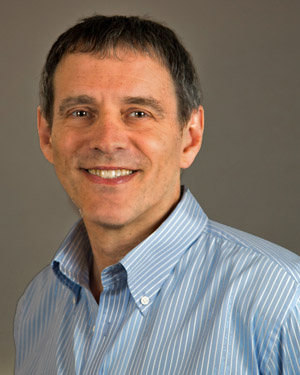
Steven Weiner, Computer Specialist and Aesthetic Realism associate, writes:
There is nothing Americans need more urgently to know than what is in “For Humanity to Be Truly Civilized.” It does—magnificently—two great things. It explains feelings in people that perturb and pain them. And it answers truly a question nothing else has answered, about certain horrible and terrifying occurrences in our land: What impels a mass murderer? Read the tremendously important new issue of The Right of Aesthetic Realism to Be Known.
The commentary by Ellen Reiss begins:
Dear Unknown Friends:
I’ll begin by saying, carefully and with much feeling: for humanity to be truly civilized, the knowledge present in Aesthetic Realism is necessary. Some of the evidence for that statement is in the 1966 lecture that we are publishing in two parts: Mental Health Is about Perfection and Imperfection, by Eli Siegel. This issue contains part 2.
Four days before Mr. Siegel gave the lecture, a mass shooting had taken place: Charles Whitman had gone to the top of the clock tower at the University of Texas, Austin, and gunned down people below. This talk, so deep, vivid, careful, subtle, definitive, became part of the series on mental health Mr. Siegel was in the midst of giving. In the first half of the talk (published in our previous issue), Mr. Siegel discussed two poems of Robert Browning, “Johannes Agricola in Meditation” and “Porphyria’s Lover,” as a means of commenting on the mind of Charles Whitman. In the second half, he refers also to Richard Speck, who had murdered 8 student nurses in Chicago 2½ weeks before the Whitman killings.
What Hurts Mind
Eli Siegel is the person of thought who explained what the most hurtful thing in the human mind is—the thing in everyone, in each of us, that weakens our mind; that interferes with every aspect of our life (though we feel, somewhere, it’s smart and necessary); the thing that’s the source of all unkindness. It is contempt, the desire “to get a false importance or glory from the lessening of things not oneself.” Mr. Siegel showed that the big fight in every human being is between the desire to have contempt and the desire to like the world honestly, to know and be just to what’s not ourselves.
And he has described how it’s this fight—between liking the world and scorning it—come to a certain point, which has a person’s mind be in a state of disaster. For example, someone has been in a long battle about valuing people or despising them; can’t make up one’s mind—but “then at a certain time…decide[s:] ‘To hell with meeting people and liking things.’” Said Mr. Siegel:
Other people are still fighting it out—that is the only difference…. Some people make a thorough job of it and others just play at it, dismally play. [TRO 562, 561]
Humanity will be civilized when we are learning about this fight in us between respect and contempt—and criticizing our own contempt….Read more